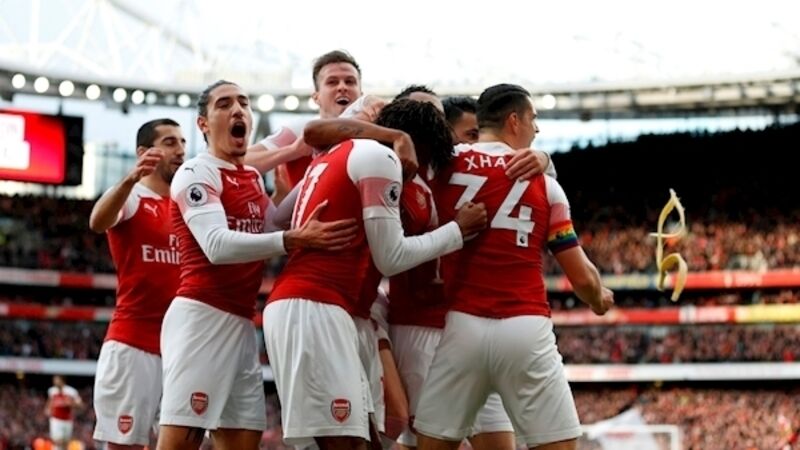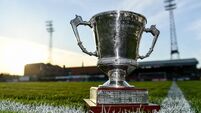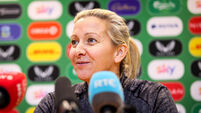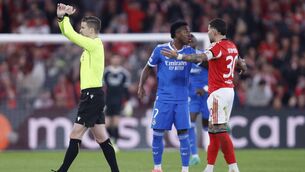Racism back in focus at the heart of English game

It was the standout image from a frantic afternoon of derby football: Pierre-Emerick Aubameyang, having finished celebrating with his Arsenal team-mates after scoring against Tottenham, was pictured looking both defiant and disdainful while on the turf in front of him lay the skin of a banana.
From that moment, skin — specifically the colour of football’s many human varieties — became the game’s most significant subplot. The banana skin hurled from the away end would spark a chain reaction involving the police, both clubs, the FA, and the Premier League.














